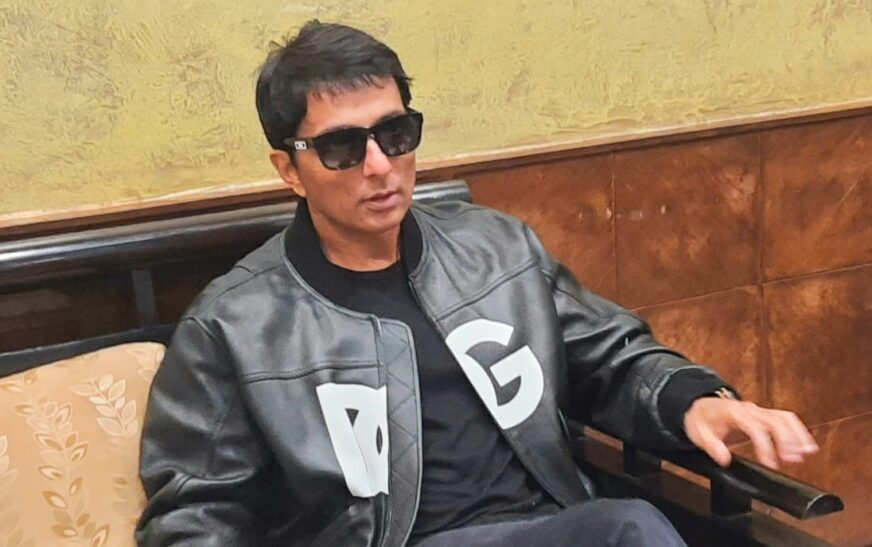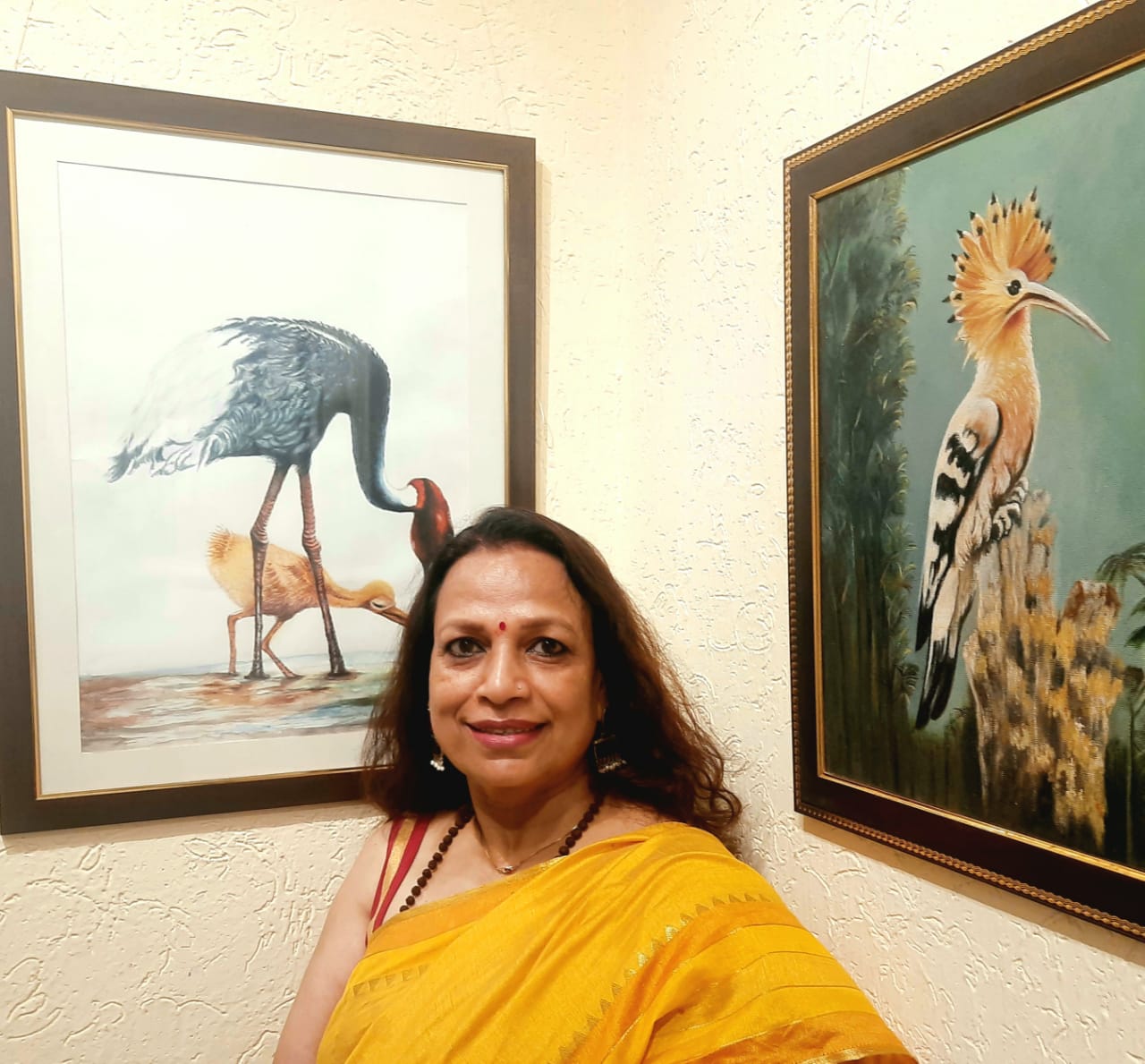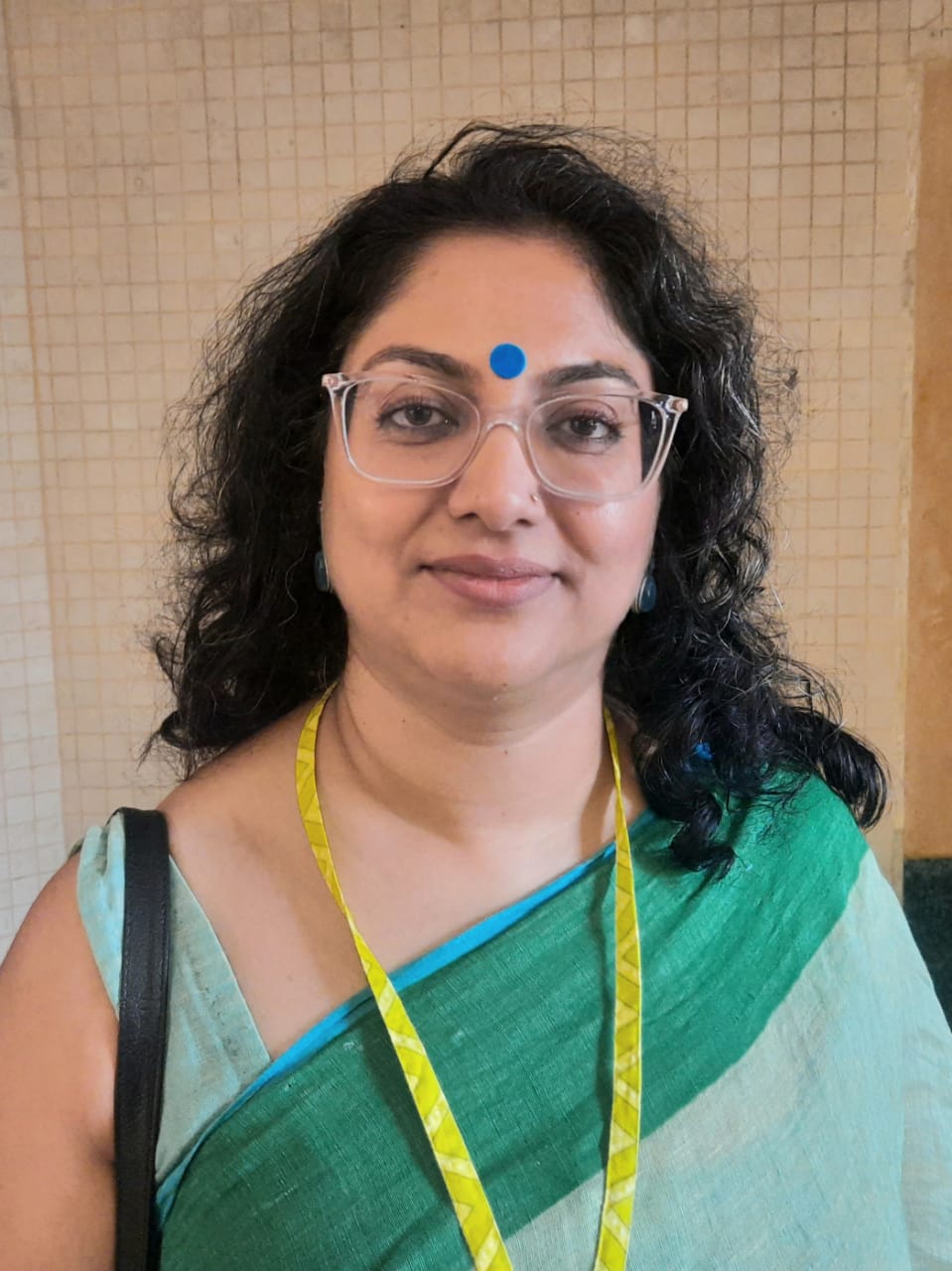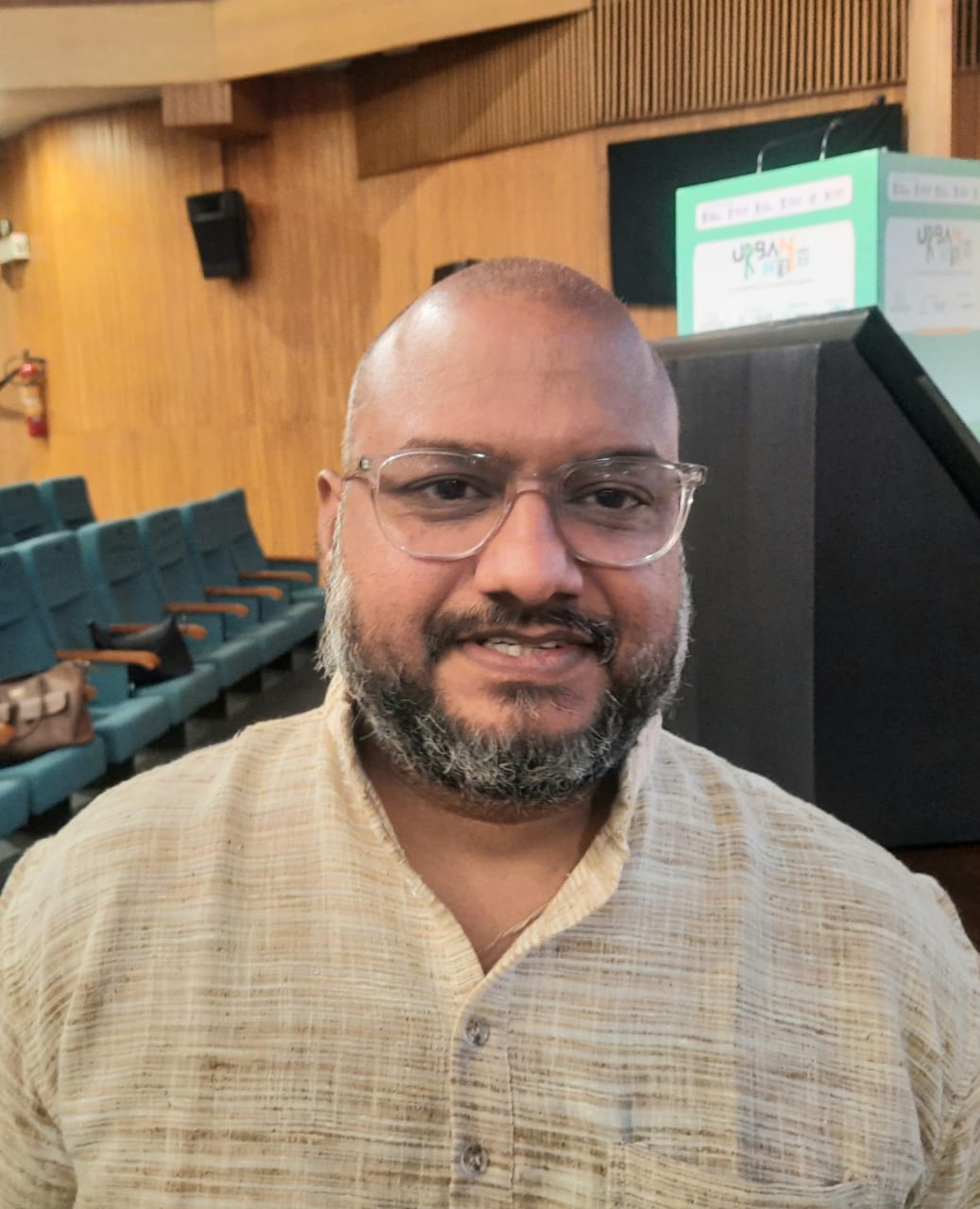Sonu Sood, a versatile personality involved in acting, film production, modeling, and humanitarian efforts, is renowned for his contributions to Hindi, Telugu, Tamil, and Kannada cinema. Notably, he gained widespread recognition for his humanitarian endeavours, particularly during the challenging times of the COVID-19 Pandemic.
During the pandemic, Sonu Sood played a pivotal role in facilitating the return of numerous stranded Indian migrant workers to their homes. He orchestrated the arrangement of buses, special trains, and chartered flights, aiding thousands in reaching their destinations. Beyond his impactful COVID-19 relief efforts, Sood actively promotes environmental sustainability and advocates for responsible citizenship.
In a recent interaction with The Interview World, conducted on the sidelines of the Youth Eco Summit organized by the Bajaj Foundation, Sonu emphasizes the significance of raising awareness about e-waste. He also shares insights into his initiatives, including the production and direction of a movie addressing the threats posed by cybercrime and e-waste. The interview sheds light on his perspectives and endeavours in these crucial areas. Here are the key highlights from the insightful conversation.
Q: What are your thoughts and emotions about being present at this summit, and could you share your perspective on the captivating beauty that the summit embodies?
A: I find it truly remarkable. This platform provides an excellent opportunity to learn from young kids. During my brief visit, I witnessed the multitude of beautiful creations they have crafted, serving as a great source of inspiration for us. Consequently, I am here today to understand how we can effectively convey the message about e-waste awareness.
Q: What message do you have for the enthusiastic young students who are actively engaged in advocating and spreading awareness about managing e-waste, given their evident passion and commitment to the initiative?
A: The youth represent the future of our nation, and their comprehension of challenges surpasses ours. We must look to these young individuals as role models. Observing how they effectively handle e-waste can be a valuable learning experience for us. As actors and members of the media, we also hold the responsibility to disseminate the message of environmental consciousness. By doing so, we contribute to the creation of a better world for all.
Q: What role does the Indian cinema play as a responsible stakeholder in society, and how does it reflect and address these pressing issues?
A: I am currently working on the production and direction of a film titled “Fateh,” addressing the critical issue of cybercrimes. The anticipated release date for this movie is May or June of this year, with plans for theatrical distribution.
Within the storyline, the protagonists shed light on the issue of e-waste. This was my first exposure to the magnitude of concerns associated with e-waste, discovering that millions of tons are generated annually—an alarming realization.
The gravity of the situation necessitates a focus on recycling. It’s imperative to recognize the importance of recycling e-waste, especially given the rapid advancement of technology. Consequently, spreading awareness becomes crucial, particularly among the upcoming generation. As a community, we need to collaborate and address the escalating growth of e-waste collectively.
Q: How do you perceive the potential impact of these events on the awareness process?
A: Certainly, when diverse minds converge in a shared space, they exchange ideas, collectively acquire knowledge, and commit to collaborative efforts. Consequently, I believe that events of this nature hold great significance. Such programs must extend beyond Delhi and take place globally.










2 Comments
Thanks for sharing. I read many of your blog posts, cool, your blog is very good.
Thanks for sharing. I read many of your blog posts, cool, your blog is very good.
Comments are closed.